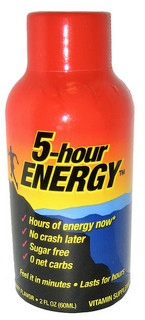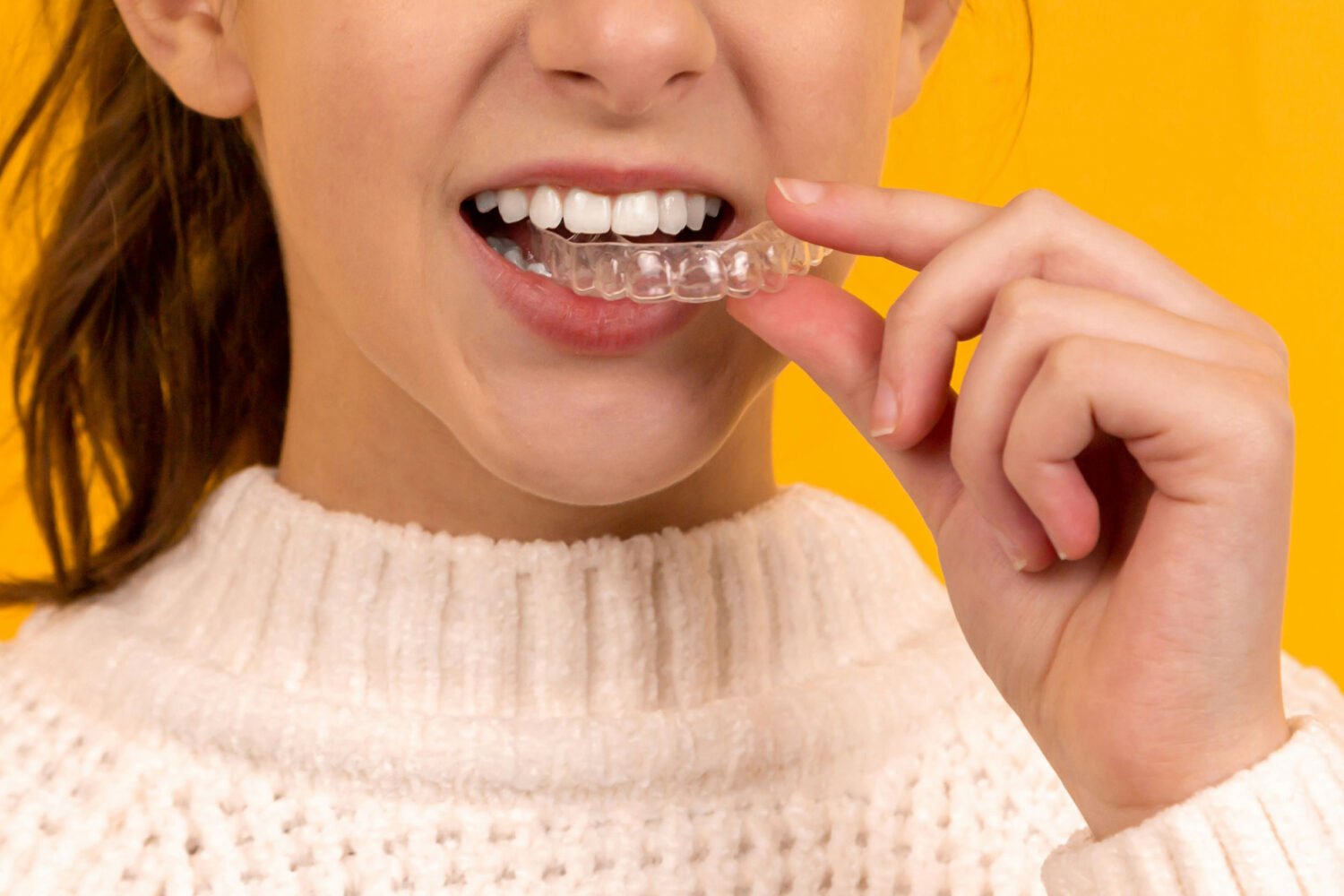
These energy-boosting products just can’t catch a break. Just weeks after the US Food and Drug Administration launched an investigation into a popular energy drink, it has reported 13 deaths linked to the caffeine shot 5-Hour Energy.
As first reported by the New York Times, the FDA says it has received reports of 13 deaths related to 5-Hour Energy over the past four years. The reports are similar to those associated with Monster Energy, a popular energy drink that’s been linked to five deaths over the past three years.
If you’re unfamiliar with 5-Hour Energy, it is a highly caffeinated drink that comes in 1.93-fluid-ounce bottles. Advertisements claim the effects are felt within minutes but last for hours. It’s also touted containing no sugar and just four calories, as well as a high amount of B vitamins. The company does not list the exact amount of caffeine the drink contains on its website, but does state that one bottle contains “about as much caffeine as a cup of premium coffee.”
One eight-ounce cup of coffee contains between 95 and 200 milligrams of caffeine, depending on how it’s brewed. Generally, 300 milligrams of caffeine per day for a normal, healthy adult is considered safe.
In a statement released by Living Essentials, the distributor of 5-Hour Energy, spokeswoman Elaine Lutz said the company is “unaware of any deaths proven to have been caused by the consumption of 5-Hour Energy.” She also states that 5-Hour Energy is “not an energy drink, nor marketed as a beverage.” The FDA defines the energy shot as a dietary supplement.
The health risks of energy drinks have been reported by various health experts and organizations, including the US Department of Health & Human Services, which recently noted a large increase in trips to the emergency room associated with energy drinks between 2005 and 2009.

















